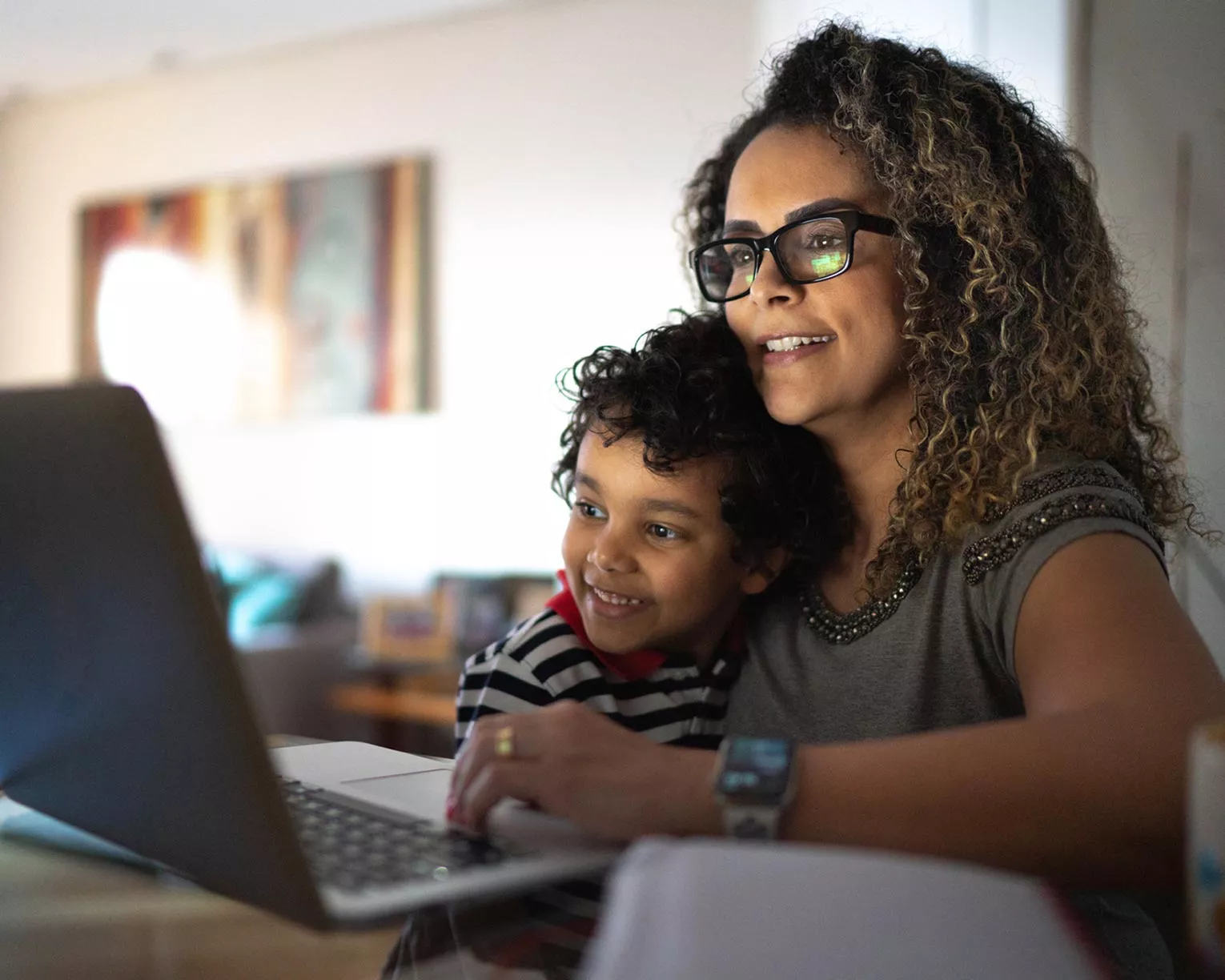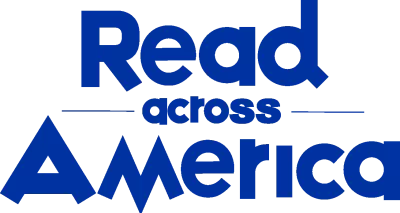Share this book
Take advantage of the stellar activities and experiments included in Indigenous Ingenuity and choose some that students can do in small groups to further explore how the world we know today is influenced by the innovation, knowledge, and culture of Indigenous Peoples from North America.
To help others learn, appreciate, and celebrate Indigenous ingenuity, consider hosting a STEM event for families and/or students of all ages that recognizes and honors Traditional North American Knowledge and all it has provided. Your students can further research innovations and inventions of Indigenous North Americans and create and set up informational and interactive displays. They can also organize hands-on activity stations so others can participate in and learn from activities featured in the book. Plan, if possible, to have library copies of Indigenous Ingenuity on hand so families can browse for more details or check it out to read at home.
If there are Native learners present in your class, understand and appreciate that they may experience this book and activities differently than non-Native students. Be sure that all students think critically about perspective and representation as they develop and make their presentations, recognizing the differences between unique nations and cultures among Indigenous communities. Remember that dressing up as a Native American is never appropriate.
Questions for Discussion or Reflective Writing
- What is Traditional Knowledge? How did and how do Indigenous Peoples preserve and transfer their Traditional Knowledge to new generations? What is the future of Traditional Knowledge?
- What are some of the long-lasting legacies of Indigenous inventions? What invention origins amazed you the most?
- What have you learned about what people can learn from plants and animals? How has this book changed your view of the natural world and what kind of relationship you have with it?
Related Resources
Teaching Tips for Indigenous Ingenuity from Little, Brown and Company
Native American Representation in STEM: Indigenous Innovation from the National Museum of the American Indian
Student-Centered Digital Learning Activities from National Indian Education Association
Impact of Native Americans from IllumiNative
Resources for Teaching About Indigenous Peoples from NEA
More Titles to Try
Stay on top of current education news



